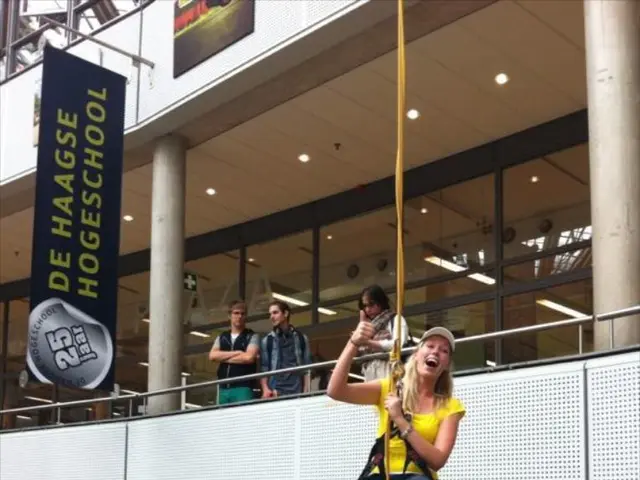Major Donor Nations Slash Aid Budgets, Threatening Global Development Gains
Several major donor nations have significantly reduced their development aid budgets, while a growing number of countries are imposing restrictions on non-governmental organizations (NGOs), creating barriers to global entry, funding, and advocacy. These trends threaten to undo decades of progress in global development and humanitarian efforts.
In 2025, France cut its development aid budget by nearly 40 percent, amounting to a reduction of approximately 2.3 billion euros (around $2.6 billion). The Dutch government plans to reduce its aid budget by 2.4 billion euros ($2.8 billion) by 2027, and Belgium has announced a 25 percent reduction in aid funding over the next five years. Meanwhile, more than 130 countries have implemented restrictions on NGOs, creating barriers to global entry, funding, and advocacy.
The dissolution of the Soviet Union and democratic transitions in the 1980s and '90s led to a surge in NGO activity, with significant resources channeled to these organizations. However, by the early 2000s, major NGOs struggled with maintaining grassroots contacts and accountability while operating at a larger scale. The U.K. effectively closed its equivalent of USAID in 2020, leading to a decline in foreign aid of about $6 billion, with projections of a further decline to $11 billion by 2027. Since 2020, countries like the USA, UK, Germany, France, and Switzerland have reduced their spending on humanitarian aid and development assistance, with UNICEF projecting a decrease of about 3.2 billion USD (around 25% less than in 2023) in the coming years. This will have significant negative impacts on education and health sectors, particularly in the global south.
The Trump administration dismantled the U.S. Agency for International Development (USAID) and slashed nearly the entire U.S. foreign aid budget in just nine months. The global democratic recession and authoritarian resurgence have created a challenging environment for NGOs, with governments eroding norms that previously supported these groups. Many development NGOs have had to close programs and lay off staff due to funding cuts, with examples including Ethiopia, South Africa, Uganda, Somalia, Honduras, and others, particularly affecting sexual and reproductive health programs for women and girls.
The combined effects of reduced development aid budgets and increased restrictions on NGOs threaten to derail decades of progress in global development and humanitarian efforts. The global south, already disproportionately affected, may face further setbacks in access to health, food, education, and better governance.






